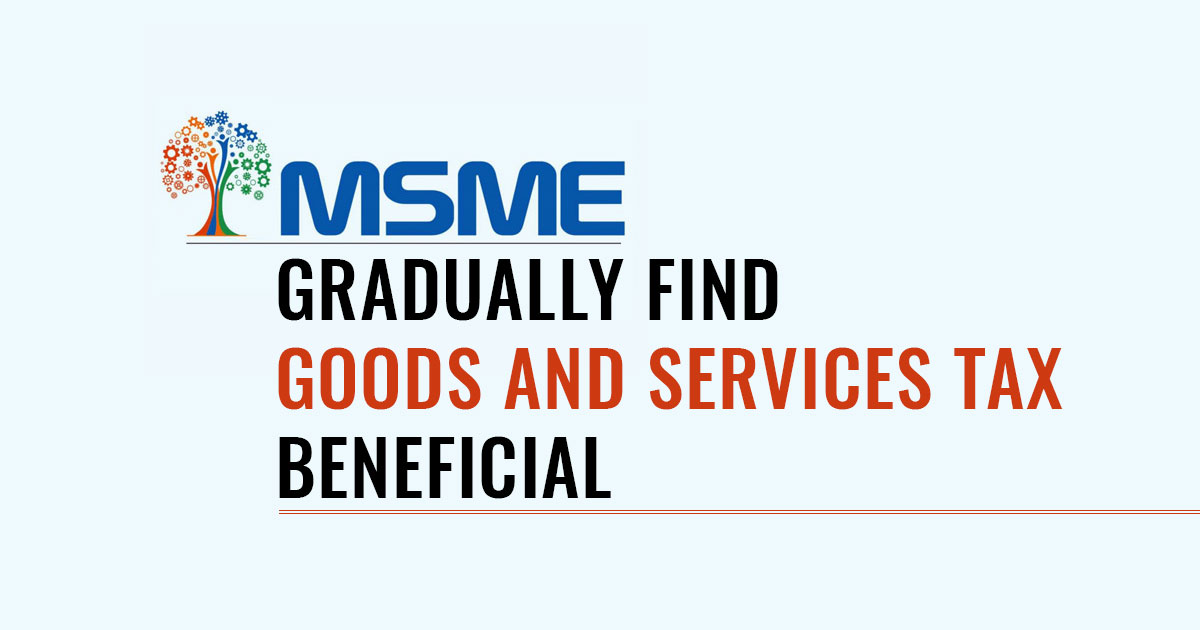Last year, the Government of India had collected Rs 7.41 lakh crore from Goods and Services Tax (GST) but it is expected that the government would collect Rs 13 lakh crore from GST during this year.
Praveen Kutty, Head — Retail and SME Banking of DCB Bank stated that, if we quicker look at previous condition ‘one nation, one tax’ has not been easy for the Micro, Small and Medium Enterprises (MSME’s) as they have to pass from cash and GST compliance-related issues. However, that difficult time now has been passed, 48 million MSMEs have registered under the Udyog Aadhaar Memorandum (UAM) since July 2018. The Government of India (GOI) is regulating ‘Make in India’ programme. The share of MSME’s in GST collection has been increased by Government of India (GOI) during the financial year 2018- 19.
Praveen Kutty further stated that, if we consider the positive points of GST, it has eliminated the 17 different taxes and various cess and now it’s easier to file GST returns. Through GST implementation, MSME’s have gained a great opportunity to diversify their business and entitled to apply for the development.
Apart from that, accounting mistakes happened in the Value Added Tax (VAT) but the new indirect tax regime is totally based on digital technology which enhances the business efficiency. The company, as well as their suppliers, vendors, and customers, have benefited from the implementation of GST.
Under the GST, the transparency in accounting has increased and the financial contribution from established institutions has also increased. Now the MSME’s have various options to lend money as well as they can increase the capital with low cost, said Praveen Kutty.
Kutty further stated that through GST implementation MSME’s have obtained one main advantage that they can expand their business in any of the foreign territories. Industries will not have to face different taxation systems in different states. This way, the new indirect tax regime has been useful to create job opportunities and developing new business.










